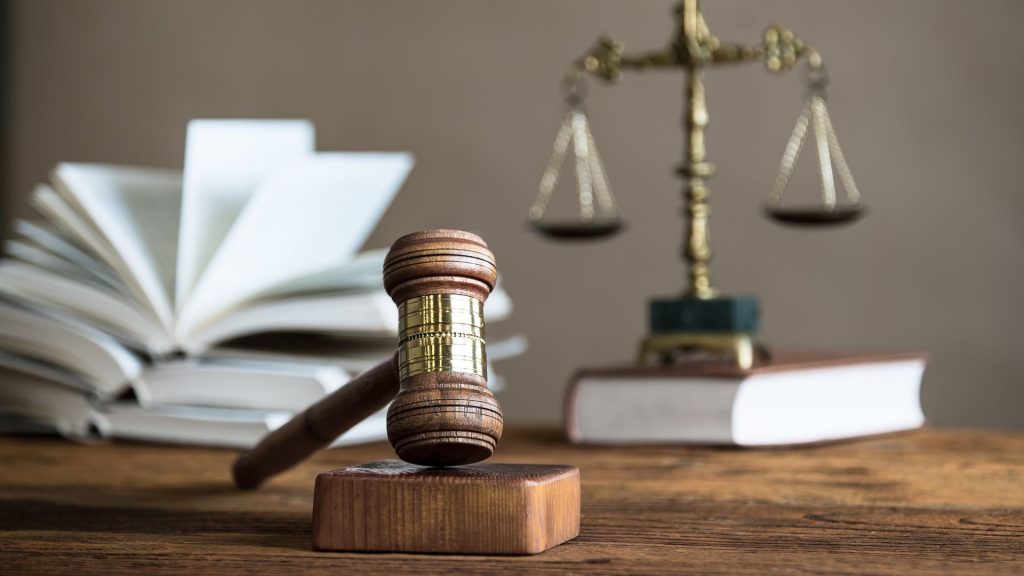
Comprehensive Guide to Government Schemes for Disabled Individuals in India
India has made significant strides in addressing the needs of disabled individuals through a range of government schemes and policies. These programs aim to promote inclusion, provide financial assistance, improve access to education and employment, and ensure social security. If you or someone you know is disabled, it’s crucial to be aware of these schemes to take full advantage of the benefits available.
Here’s a comprehensive guide to the key government schemes for disabled individuals in India:
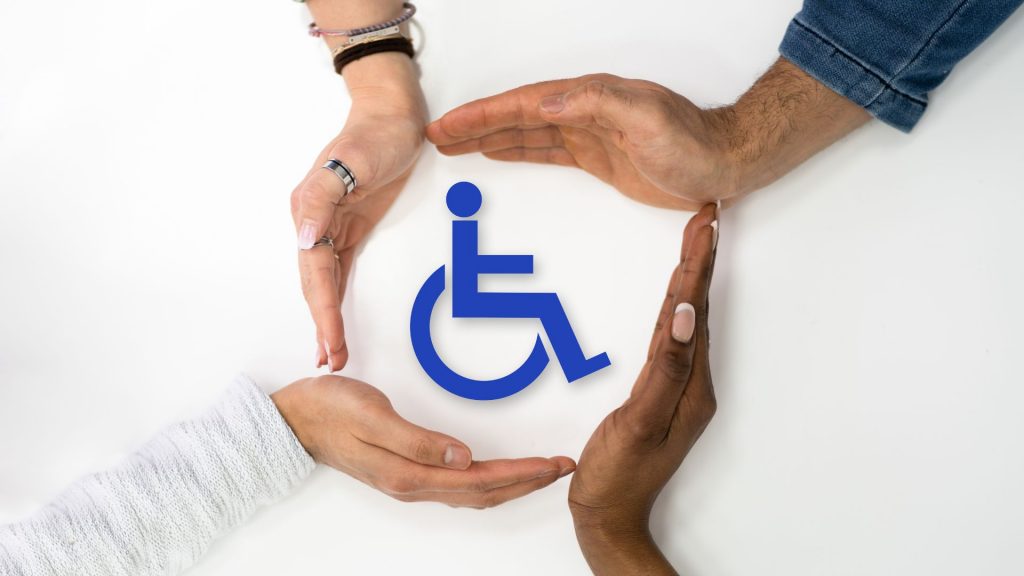
1. Rights of Persons with Disabilities (RPwD) Act, 2016
The Rights of Persons with Disabilities Act, 2016, is a landmark legislation that replaced the earlier Persons with Disabilities Act, 1995. It aims to protect the rights and dignity of disabled persons, ensuring their participation in all spheres of life without discrimination.
Key Highlights:
- The Act recognizes 21 types of disabilities, including autism, cerebral palsy, dwarfism, and more.
- Provides a reservation of 4% in government jobs and 5% in higher education institutions.
- Mandates accessible public infrastructure and transportation for disabled individuals.

2. Deendayal Disabled Rehabilitation Scheme (DDRS)
The Deendayal Disabled Rehabilitation Scheme (DDRS) was launched to assist NGOs and other organizations that work towards the rehabilitation of disabled individuals. The scheme offers grants-in-aid to organizations providing physical, social, and educational support to people with disabilities.
Objectives:
- Enhance access to education and vocational training.
- Provide physical rehabilitation and psychological support.
- Promote self-employment and entrepreneurship among disabled individuals.
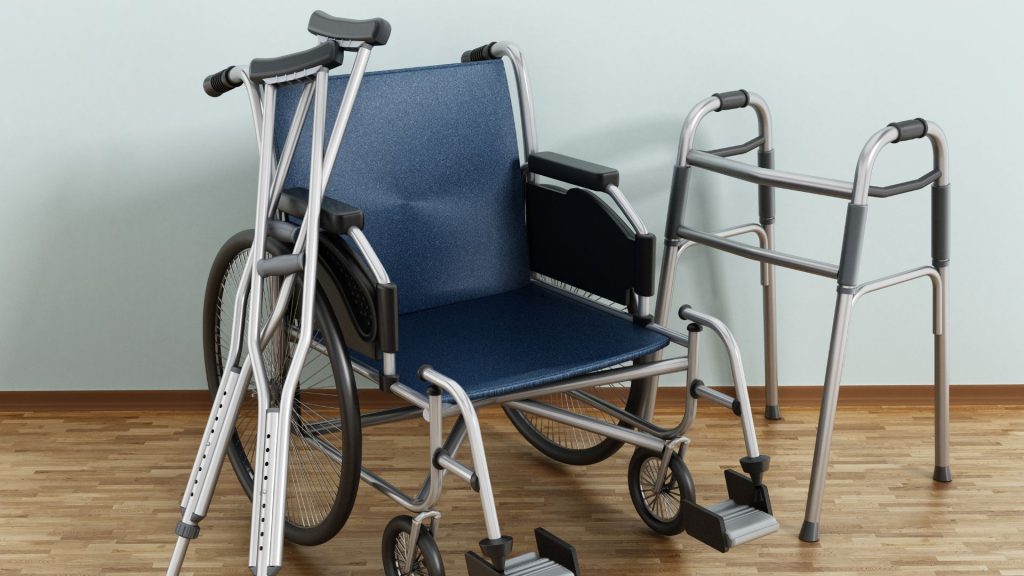
3. Assistance to Disabled Persons for Purchase/Fitting of Aids and Appliances (ADIP Scheme)
The ADIP scheme is aimed at helping disabled individuals by providing them with aids and appliances to improve their mobility and functionality. These aids include hearing aids, prosthetic limbs, wheelchairs, and crutches.
Eligibility:
- Individuals with 40% or more disability.
- Monthly income should not exceed Rs. 20,000 for an individual or Rs. 30,000 for a family.
- Assistance is also available for those in remote areas through mobile units.
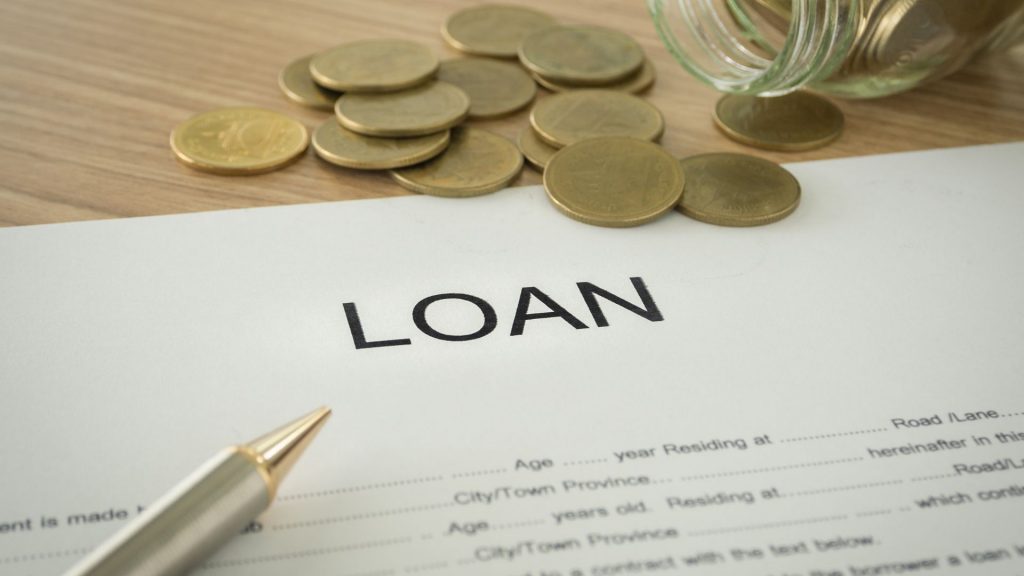
4. National Handicap Finance and Development Corporation (NHFDC)
The NHFDC is a government body that provides financial assistance to disabled individuals for self-employment and other income-generating activities. Through its various loan schemes, NHFDC helps disabled individuals to start their businesses or upgrade their skills.
Main Schemes:
- Loans for self-employment and small business ventures.
- Educational loans for pursuing professional courses.
- Funding for NGOs working for disabled persons.
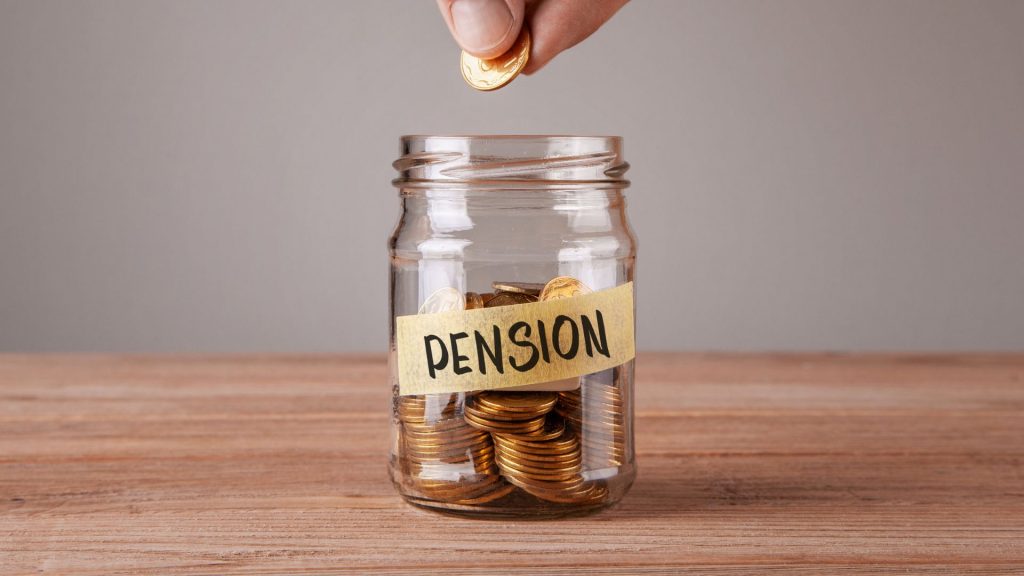
5. Indira Gandhi National Disability Pension Scheme (IGNDPS)
Under the National Social Assistance Programme (NSAP), the Indira Gandhi National Disability Pension Scheme provides a monthly pension to disabled individuals belonging to below the poverty line (BPL) households.
Eligibility:
- Individuals aged 18-79 with a disability level of 80% or above.
- The pension amount varies between states but usually includes Rs. 300 to Rs. 500 per month.

6. Saksham Scholarship Scheme for Differently Abled Students
This scholarship scheme was introduced under the AICTE (All India Council for Technical Education) to encourage differently-abled students to pursue technical education. The scholarship provides financial assistance for tuition fees and other educational expenses.
Eligibility:
- Differently-abled students with 40% or more disability.
- Applicants should be pursuing technical diploma or degree courses from an AICTE-approved institution.
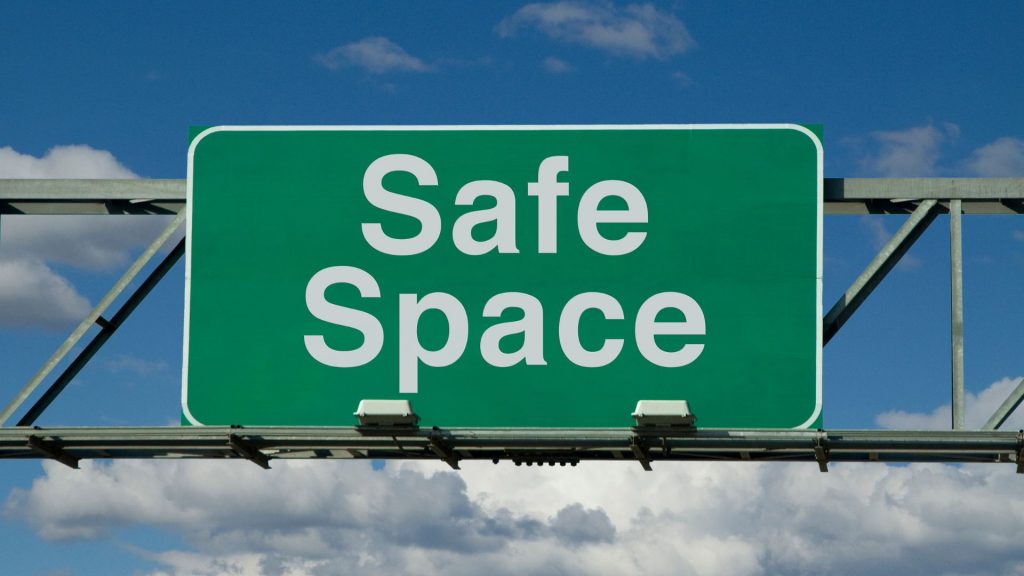
7. Accessible India Campaign (Sugamya Bharat Abhiyan)
The Accessible India Campaign was launched to create a barrier-free environment for persons with disabilities. This initiative focuses on making public buildings, transport systems, and ICT (Information and Communication Technology) infrastructure accessible.
Key Objectives:
- Make at least 50% of all government buildings in state capitals accessible.
- Ensure accessible public transportation.
- Provide disabled-friendly websites and applications for better information dissemination.
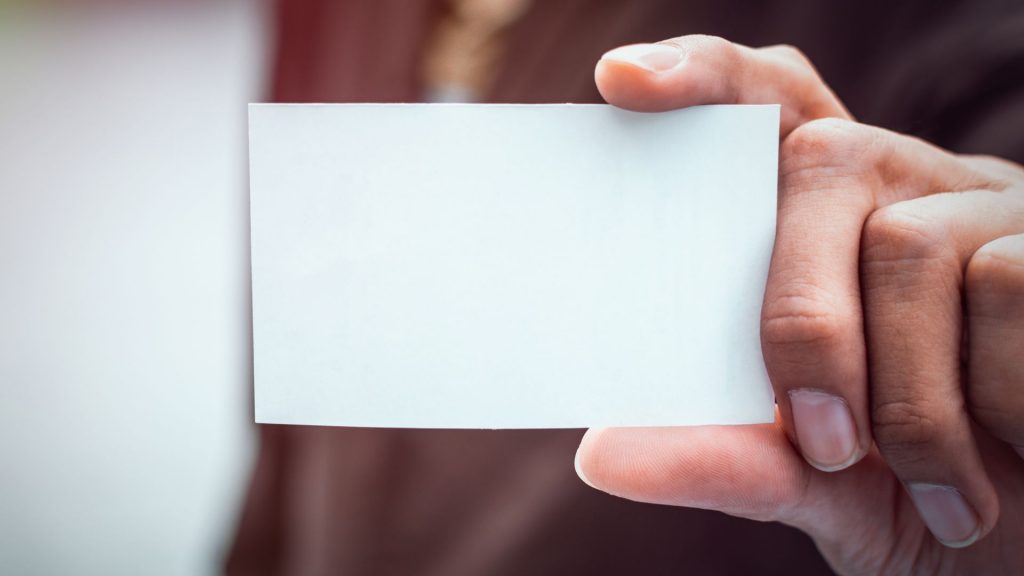
8. Unique Disability ID (UDID) Project
The UDID project aims to create a national database of persons with disabilities and issue them a unique disability ID card. This card will enable individuals to avail of various government benefits without the hassle of producing multiple documents repeatedly.
Benefits of UDID:
- A single card for availing disability benefits across states.
- Easy access to government schemes.
- Streamlined services such as pensions, reservations, and employment opportunities.
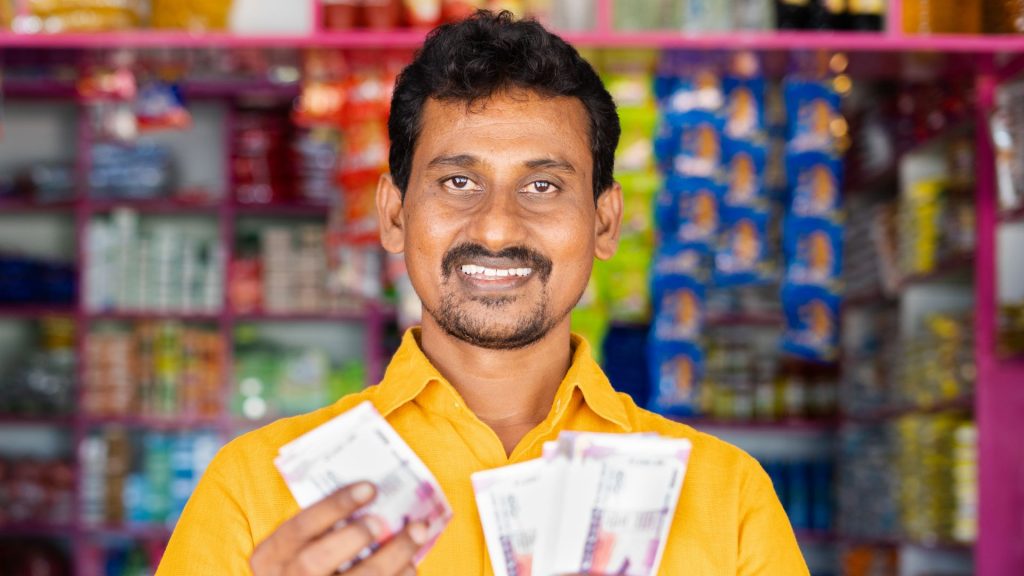
9. Pradhan Mantri Mudra Yojana (PMMY)
Though not exclusive to disabled individuals, the Pradhan Mantri Mudra Yojana offers loans for micro and small businesses, and disabled individuals are also eligible. This can help them start or expand their businesses and achieve financial independence.
Loan Details:
- Loans range from Rs. 50,000 to Rs. 10 lakh.
- Divided into three categories: Shishu, Kishore, and Tarun, based on the stage of the business.
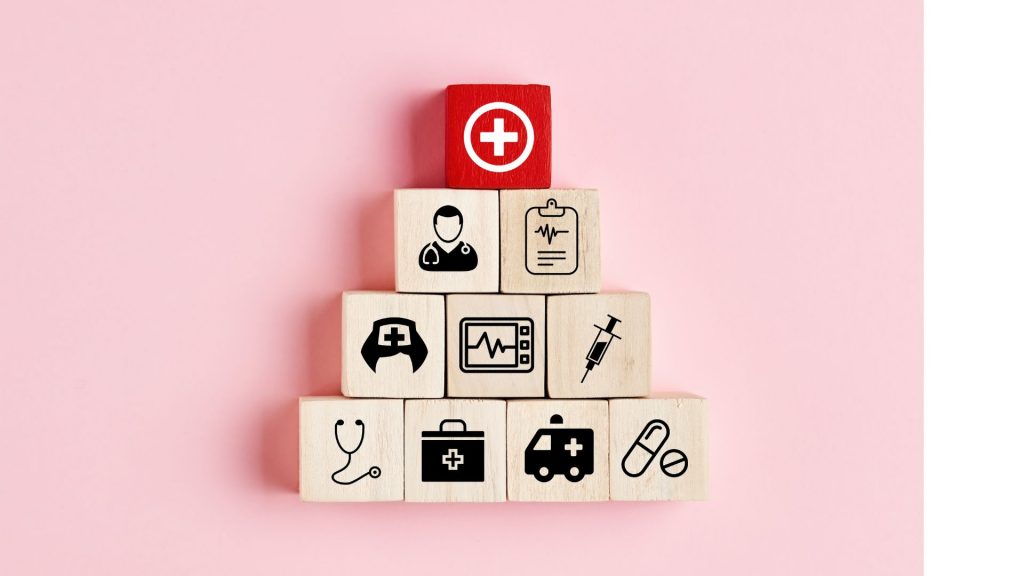
10. National Trust Schemes
The National Trust is a statutory body under the Ministry of Social Justice and Empowerment, focusing on persons with Autism, Cerebral Palsy, Mental Retardation, and Multiple Disabilities. It runs several schemes aimed at securing the welfare of disabled individuals.
Key Schemes:
- Niramaya Health Insurance Scheme: Provides affordable health insurance to persons with disabilities.
- Samarth Scheme: Offers residential care for persons with disabilities in case of the absence of family support.
Conclusion
The Government of India has implemented a range of schemes and policies to ensure that disabled individuals can lead dignified lives with equal opportunities. From education and employment to healthcare and social security, these schemes cover a wide array of essential services. If you or someone you know is eligible for any of these schemes, it’s worth exploring the benefits and applying through the appropriate channels. Awareness is the first step towards making the most of these government programs designed for the welfare of disabled individuals.
By empowering people with disabilities, we can create a more inclusive society that fosters equality and opportunity for all.
